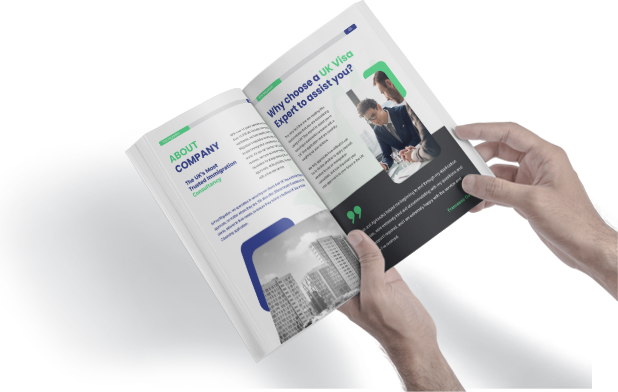Rumours have circulated for years about the impending end of the Ancestry Visa scheme. However, to date, the UK Home Office has made no official statement about the scheme ending. Even if the scheme does close, it will only impact new applicants, not applicants who have applied or are currently on an Ancestry Visa. Migrants currently under the Ancestry Visa scheme are bound by the terms of the visa when they first applied, meaning the cessation of the scheme won’t impact them, and they will be able to extend their visa in the future.

















